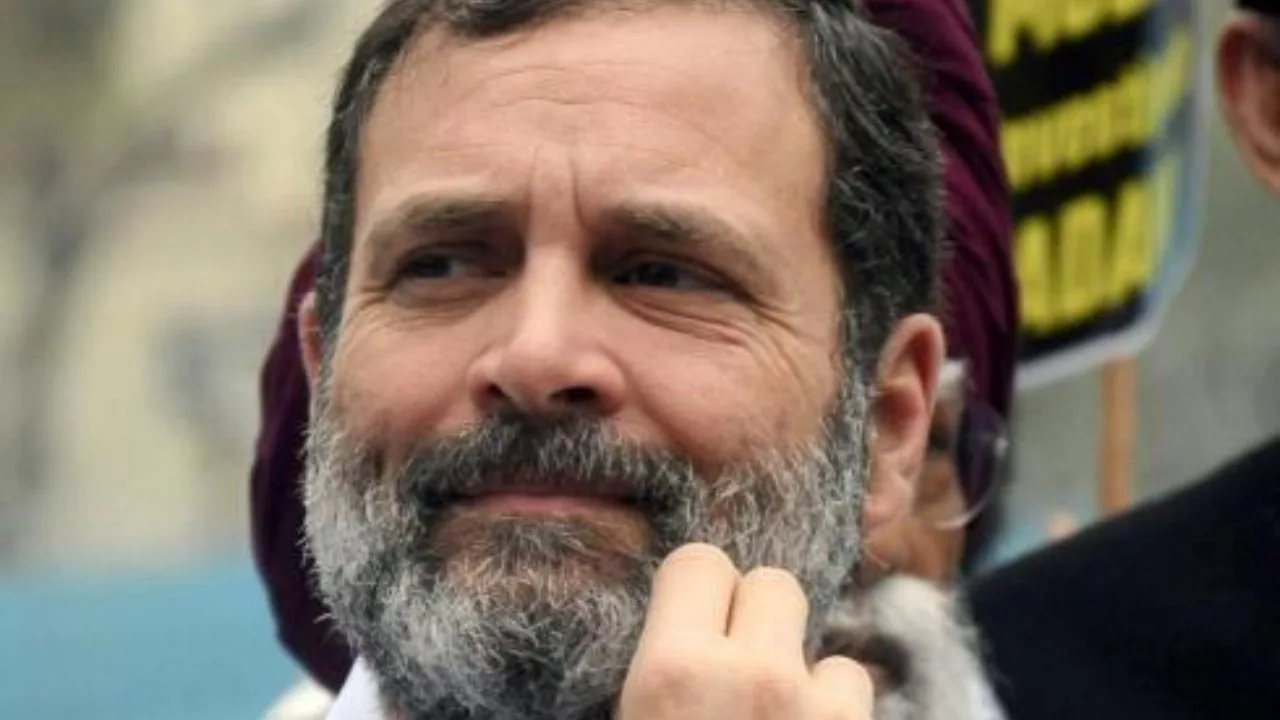
Rahul Gandhi Sentenced to 2 Years in Prison

In advance of the 2019 Lok Sabha elections, Rahul Gandhi was accused of saying “how come all the thieves have Modi as the common surname?” while speaking at a rally in Kolar, Karnataka. He was found guilty in the case and given a two-year prison term.
Gandhi, an MP from Wayanad in Kerala, has a chance to avoid being removed from the Lok Sabha if an appeals court stays the verdict and suspends the sentence. While he was present, Chief Judicial Magistrate H H Verma found him guilty.
In his ruling, CJM Verma stated that the complainant, Purnesh Modi, a former Gujarat minister and BJP MLA from Surat West, “had established his case beyond a reasonable doubt” using witness testimony, documentation, and computer proof.
Gandhi was accused of violating the law when he asked, “Why do all thieves have the name, Modi?” On April 13, 2019, he said it at an electoral rally in Kolar, Karnataka. The court stated in its Gujarati ruling that the case was filed “not just because members of the ‘Modi’ community or members of the caste were slandered, but also because the petitioner Purnesh Modi himself was upset.
Also, the accuser might have refrained from comparing Shri Narendra Modi to other economic offenders like Nirav Modi, Lalit Modi, Mehul Choksi, and Vijay Mallya and calling him a thief Shri Narendra Modi ne chor nu upnaam aapi ne. He could have kept the conversation to just these individuals. But in his speech, the accused remarked, “Why do all thieves have the name Modi? with the purpose to offend anyone with the surname or name Modi.
Gandhi was charged with accepting numerous case facts in his remarks, according to the court, and “if these facts are taken into consideration, then the accused has accepted the contentious facts, “The Supreme Court has instructed the accused to keep attentive however it does not look
as though it has made any difference in the conduct of the accused,” the court remarked after imposing the sentence. Also, the defendant is a parliamentarian. Yet because of the greater influence that speaking to the public as an MP has, the public takes what he says seriously, making the offence much more serious.
The public will receive the wrong message if the offender receives a lighter sentence. Anyone might readily libel anyone, defeating the purpose of the defamation law it said. Gandhi was charged with defamation of character in accordance with IPC sections 499 and 500
These sections state that anyone who makes or publishes an accusation about another person while intending to harm that person’s reputation or while knowing or having reason to believe that such an accusation will do so is guilty of defamation of character and is subject to a sentence of up to two years in prison. During court arguments, defence attorney Kirit Panwala claimed that the electronic evidence had not been proven in accordance with the Indian Evidence Act’s guidelines.
According to the court’s ruling, the present case is not only founded on electronic evidence but the statements made by witnesses and the documentary evidence have been clearly proven. Gandhi responded, “Everything I spoke in my speech was in the public interest and as part of my duty,” when asked to speak after being found guilty. I’ve never treated a citizen unfairly.
I cherish every one of my country’s citizens. The complainant Purnesh Modi had not suffered any harm as a result of the accused’s words, according to Panwala, who also stated that the accused had not previously been convicted in any case and had not asked for forgiveness or mercy.
Ketan Reshamwala, the prosecutor’s attorney, urged the court to take the accused’s behaviour into consideration. The accused expressed his regret in writing to the Supreme Court in SLP No. 46/2018, and the high court gave him a warning to be vigilant going forward. But the accused did conduct this crime The accused is an MP, and if he receives a light sentence, the public will receive the incorrect message, according to Reshamwala.
According to Panwala, several of our points were not taken into account in the court’s decision, thus we are not happy with the outcome. We brought up the fact that there is no community called Modi and that the complaint is not a Modi because his previous last name was Bhootwala before it was changed to Modi. We’ll bring our concerns before higher courts inPurnesh Modi and Reshamwala declared that they were “happy with the court verdict.
I am a member of the Modi surname-bearing Modhwanik Ghanchi community. Rahul Gandhi’s disparaging remarks damaged our feelings. and we filed a complaint against him as a result. We are happy with the court’s decision today, Purnesh Modi stated.
Here’s what Section 8,3 in The Representation of the People Act, 1951 states: 3 A person who is convicted of an offence and given a sentence of at least two years in prison aside from an offence covered by subsection 1 or subsection 2 is ineligible starting on the date of their conviction and for an additional six years after their release.
Despite anything stated in subsections 1, 2 or 3, a disqualification under either subsection does not apply to a person who is a member of the Legislature or the House of Representatives on the date of their conviction until three months have passed since that date, or, if within that time period, an appeal has been filed.







